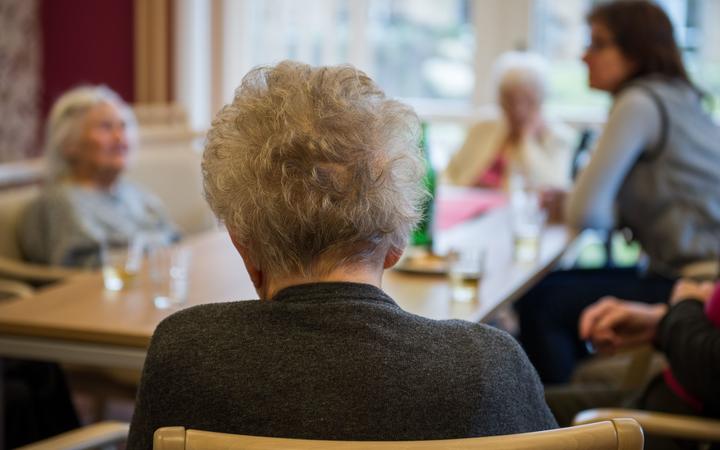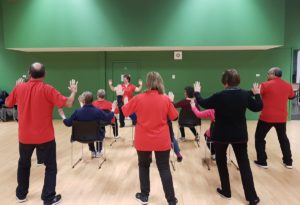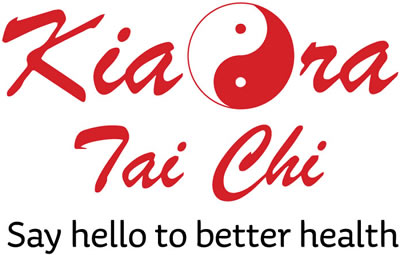Reducing your risk of dementia
 Due to our ageing population, Aotearoa/NZ’s rates of dementia are surging.
Due to our ageing population, Aotearoa/NZ’s rates of dementia are surging.
There is some very good news though. A recent study by the University of Auckland says we can limit this surge by managing 12 risk factors.
How much difference will these 12 factors make? Absolutely massive!! Almost half (47.7%) of NZ’s overall cases of dementia are considered preventable. Read that again: “ALMOST HALF”. Wow.
Keen to hear more, I tuned into Kathryn Ryan (of RNZ’s Nine to Noon programme) on Tuesday 27 July to hear her interview with Dr Etuini Ma’u. Dr Ma’u is a a senior lecturer in Psychological Medicine at the University of Auckland and the co-author of the study. He is also a consultant psychogeriatrician for the Waikato District Health Board.
The 12 factors are:
- physical inactivity
- hearing loss
- less education
- hypertension
- obesity
- alcohol
- traumatic brain injury
- smoking
- depression
- social isolation
- diabetes
- air pollution
The critical importance of these factors varies among the most prevalent ethnic groups in NZ: Māori, Pasifika, Asian (which includes Indian in the study) and Pākehā/European. For more detail about the study and definitions of the risk factors: read more here
Also significant, is that while the symptoms of dementia are noticeable only in older age, in the 20 years beforehand the brain is already changing in the person who will develop dementia.
The key message of all this is reassuring: there is something (in fact several somethings) we can do right now to reduce our risk. Start by reading the points in the study:
Talk over options to manage your health and your hearing with your doctor and/or health professional.

A Kia Ora Tai Chi class
Keep up with physical activity and, of course, tai chi counts. The WHO guidelines used in the study define “inactive” as those who do LESS than 30 minutes a day for at least five days per week. As well as attending tai chi classes, tai chi is an exercise you can easily continue for the other days in the week as it can be done anywhere, anytime (at home, at work, in the park) and doesn’t require expensive equipment or clothing.
The people who attend Kia Ora Tai Chi classes are wonderfully social and welcoming. Several of my students who live alone have mentioned that they love the chance to have a natter and meet new friends in my classes.
Another student who had a recent blockage in her ear (causing a temporary hearing loss) mentioned how challenging it rapidly became for her, even when going about her usual tasks in the community with people she knew. She said conversation was difficult and she understood how being deaf can isolate someone very quickly. Fortunately, issues with her ear were soon fixed.
If you have a hearing aid, wear it. If you feel you might have a hearing loss, get it checked. Most of all, try to be aware that others maybe deaf or hard of hearing and find ways to communicate with and include them.
The number of New Zealanders with dementia is forecast to more than double within 30 years. However, if half of these cases are preventable by reducing the key risk factors, there is a good opportunity for healthier and fitter senior years for many of us.
Thank you Dr Ma’u and the team for the valuable work and research.
Read more about the study:
